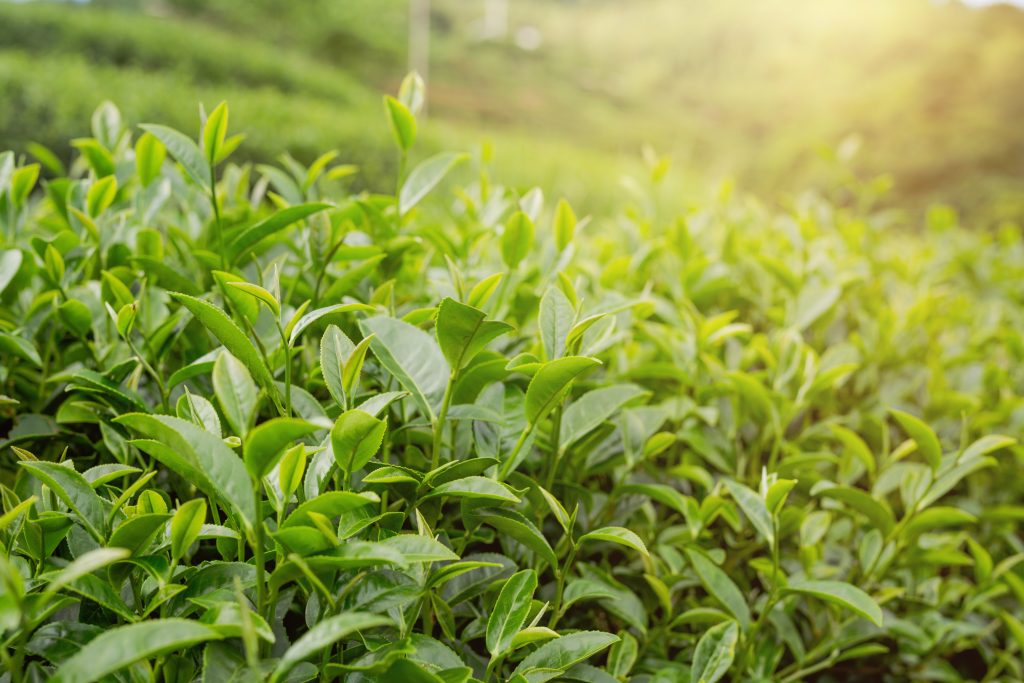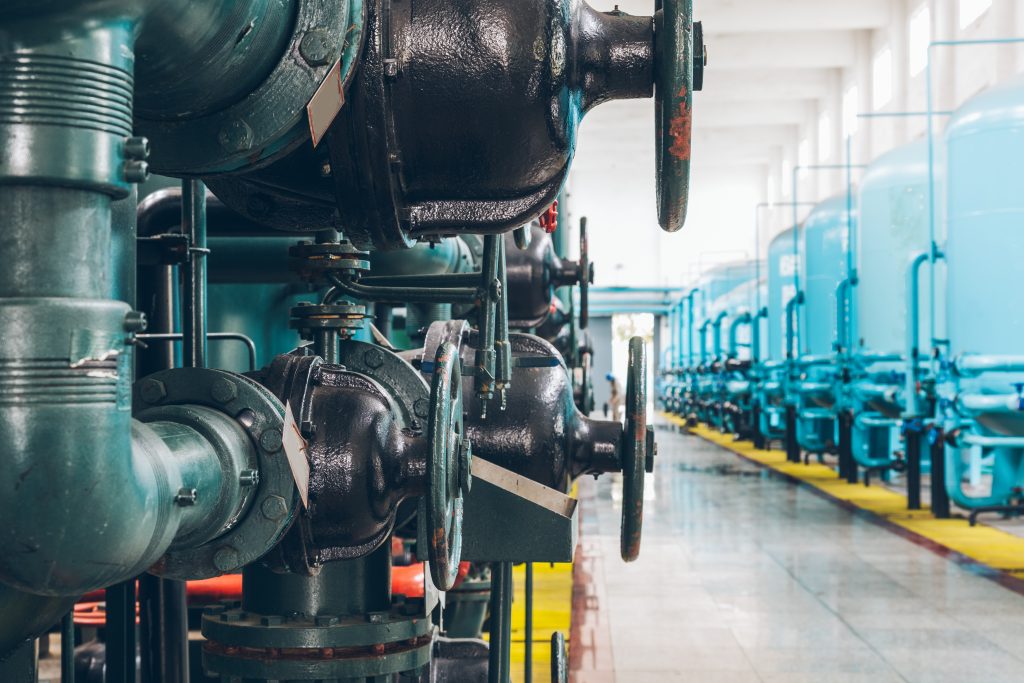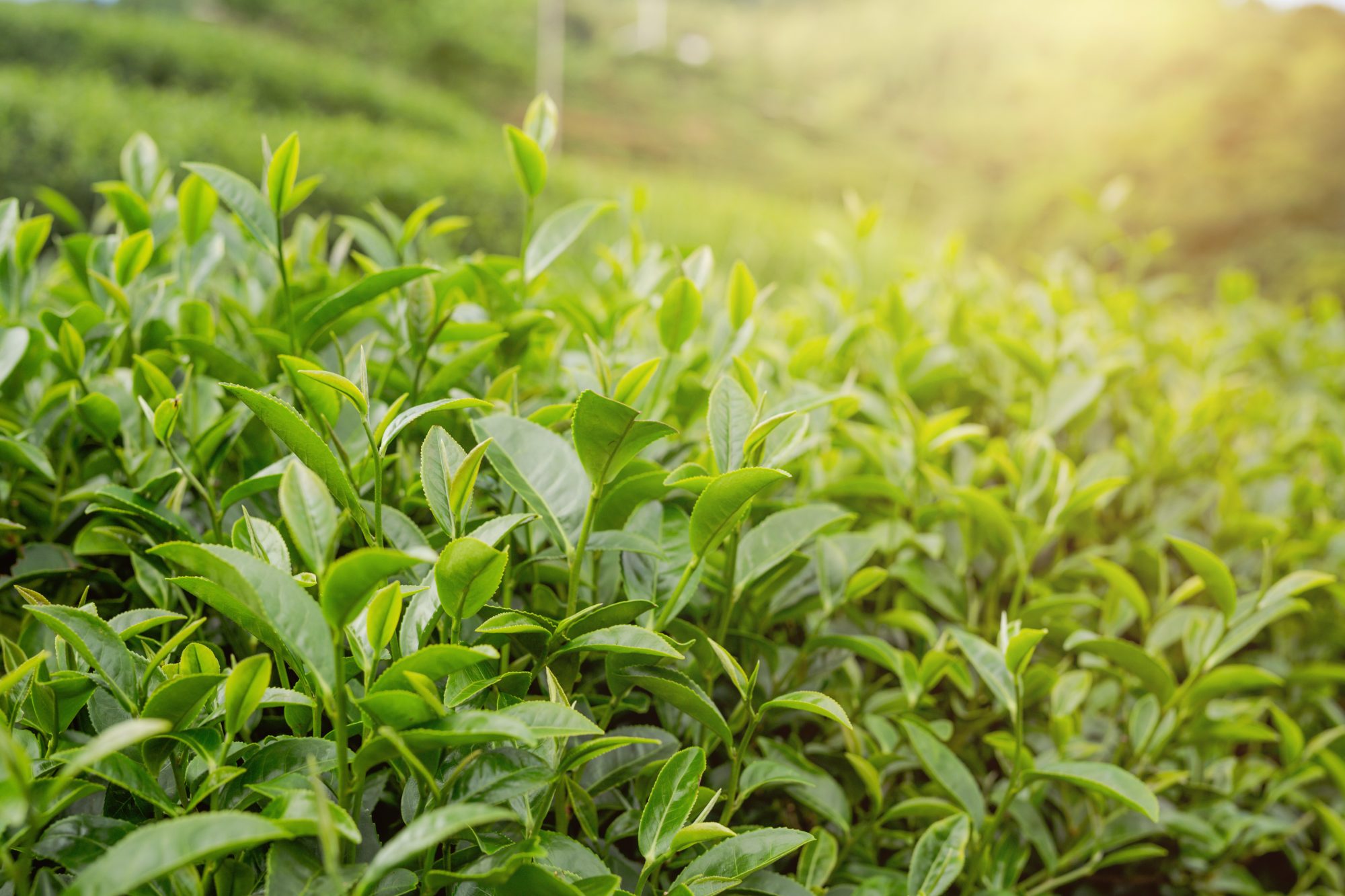
In the highlands of Kenya, a silent revolution is brewing where endless tea plantations knit blanket upon blanket. Spenomatic Kenya is leading this tide of change in revolutionizing tea production with innovative solutions in biomass boilers. Now offering renovated sources of renewable energy to help in the sustenance of a future that is green and clean, Spenomatic Kenyais key in improved efficiency in processing tea, one of the most vital industries in Kenya.
Overview of the Kenyan Tea Industry
Kenya is globally famous for its tea and is among the largest black tea exporters in the world. A major industry that props up the economy of Kenya is the generation of employment opportunities for millions of people as well as contributing greatly to the country’s GDP. On the other hand, putting together tea is a highly energy-dependent process. Traditionally, that would lean on fossil fuels for the highly important withering and drying phases. This has an impact not only on the environment but also on producers, due to the volatility of fuel prices, right down to the bottom line.
Enter Spenomatic Kenya
Spenomatic Kenya is on the forefront in the supply of more sustainable and efficient energy solutions to the tea industry. It designs, fabricates, and installs state-of-the-art biomass boilers tailored to fit the requirements of a tea factory; such boilers use locally available types of biomass—wood chips, agricultural residues, and even tea prunings—to generate sufficient heat energy to process tea leaves.
Biomass Boilers Advantage in Tea Production
Some of the key advantages driving the tea production revolution in Kenya include:
1. Energy Efficiency: The design of the boilers shall ensure maximum heat transfer to ensure more of the energy from the biomass then is transferred into usable heat for processing tea. This, therefore, translates to an increase in efficiency meaning, by which less amount of fuel will be used, in the process lowering energy costs.
2. Environmental Sustainability: The use of a renewable source of biomass in the place of fossil fuel heavily reduces the carbon footprint of the tea factory. It is usually sourced from waste agricultural material, further enhancing the environmental benefit of its use.
3. Cost Savings: Biomass provides much greater stability than rising fossil fuel and is, again, often cheaper. Major reductions in energy costs have been reported by tea factories using Spenomatic’s boilers.
4. Local Economic Impact: Locally sourced biomass opens up new revenue stream for farmers and supports the local economy, building mutually supportive relationships between tea producers and their communities.
5. Improved Product Quality: More constant heat will be enabled through biomass boilers and will enable more control over the process of tea drying, directed towards possibly increased quality and consistency of the final product.
Spenomatic’s Innovative Approach
What puts Spenomatic Kenya ahead is the approach taken to craft energy solutions in tea production. Below are some of the services Spenomatic offers:
1. Customized Solution: Spenomatic, with the knowledge of the specific needs of each individual tea factory, undertakes the task of designing tailor-made biomass boiler systems that can be integrated well into the pre-existing infrastructure.
2. Full Service: Spenomatic will be a partner from initial consultation and design to installation, training, and follow-though maintenance of their systems to ensure peak performance.
3. State-of-the-Art Technology: All the systems at Spenomatic have automatic fuel-feeding and highly accurate temperature control, which generates the most efficiency possible with minimum emissions from the boilers. Systems also operate with effective flue gas cleaning mechanisms.
4. Energy Management Systems: Spenomatic does not provide just the boilers but rather the much complex Energy Management Systems putting the tea factories in control of being able to monitor and hence optimize their energy usage in real-time.
Changing the Landscape of Tea Production
This case story highlights Spenomatic solutions in one of the large tea factories in Kericho County, Kenya. The factory was dependent upon diesel-fired boilers before the intervention of Spenomatic for their energy needs. The dwindling diesel prices and mounting pressure from the world to reduce carbon emissions put the factory in a dilemma while seeking substitute energy.
Spenomatic Kenya stepped in with a comprehensive solution:

1. They fit a 5MW biomass boiler system that can meet the whole heat energy requirement of the factory.
2. The system was designed to use a mix of wood chips and tea prunings for fuel, both of which would, of course, be abundantly available in that area.
3. An automated fuel handling system was installed to cut labour costs but at the same time ensure uniformity in fuel supply.
4. Sophisticated control mechanisms were installed to check the status of boiler health, the adequacy of working levels, and energy the dispersion of energy across the factory.
- In the first year alone, the cost of energy, by itself, had declined over 40%
- The estimations did prove that carbon emissions for this factory had been reduced by 60%.
- Higher quality of tea
- Better uniform drying temperatures enhanced the quality of the tea, hence benefiting the local community with new jobs in Biomass collection and Processing.
This success has seen Spenomatic duplicate similar solutions across Kenya and Eastern Africa achieving better value for customers.
While this provides significant returns to investing in biomass boilers in tea production, Spenomatic has had to face a challenge in the implementation:
Fuel Supply Chain: Supply of quality biomass fuel on regular and reliable terms was not really easy at the start. The company works in developing sustainable biomass supply chains with the local communities and other agricultural experts.
Companies such as Spenomatic Kenya and Spenomatic Solar play a vital role in the growing tea industry, in Kenya and beyond. Challenges are met not just in the way tea is produced but are met head-on with innovative biomass boiler solutions changing the whole ecosystem within the industry.
In the vanguard of renewable energy with respect to tea manufacturing, Spenomatic Kenya now includes the following:
Integration of Solar Thermal Systems with Biomass Boilers
• Development of small-scale biomass CHP systems for tea factories
• Development of the main source of primary fuel that comes from the wastes of tea, creating close-loop energy within the production of tea.
Spenomatic Kenya is a brand that provides ingenuity in terms of biomass boiler solutions to assure the efficiency of tea production in a number of ways. In the end, their offer is for sustainable, cost-effective, and efficient energy solutions that may really help ensure a future for the Kenyan tea industry. Indeed, at the time of mounting concerns over climate change and increasing demand for sustainability, the introduction of renewable energy solutions, including those described above, is likely to become not so much an advantage but a must in tea production.
The kind of work that Spenomatic Kenya is doing, with the right kind of technology and approach, keeps raising productivity with decreased costs and also contributes to the environment. As they go on innovating and scaling, it could just be a part of what could be working for Spenomatic in sustainable agriculture, shifting how tea is produced, with impacts to be felt far beyond the tea-growing region of Kenya.

